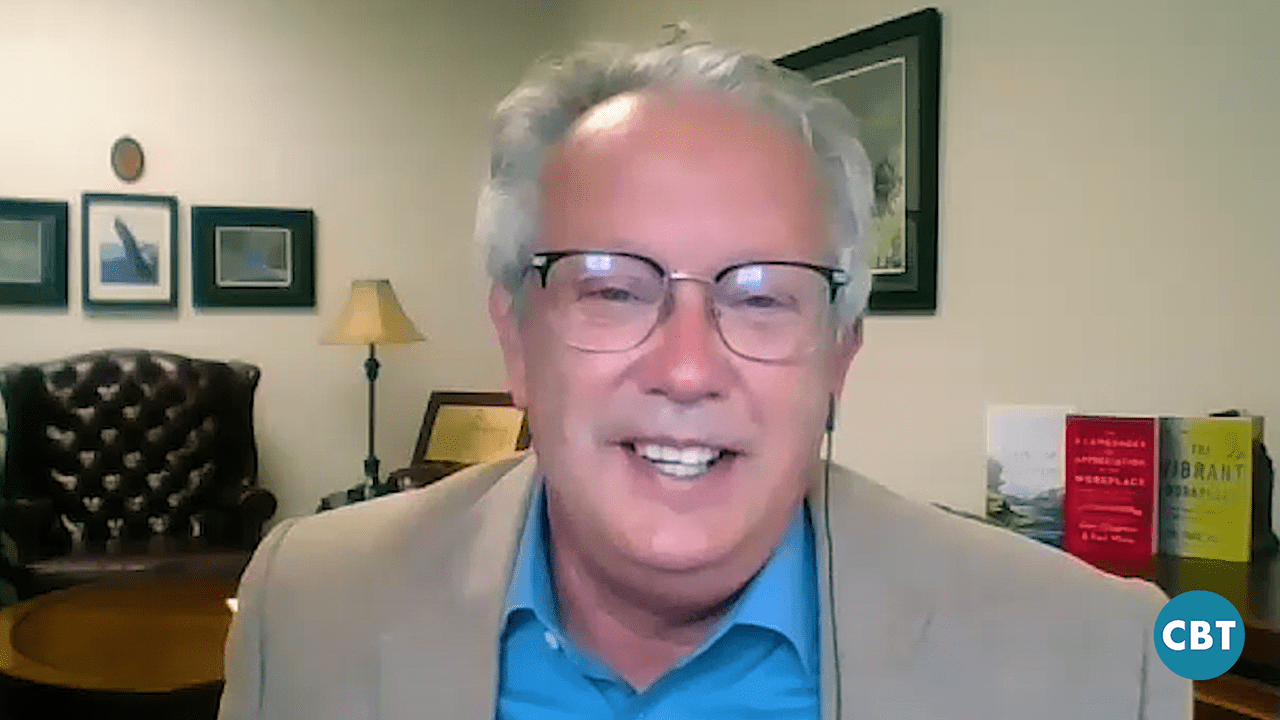Unifying your team under a strong company culture and value system is crucial to building a successful, functioning business. This means, employees today need encouragement and empathy in order to thrive and be motivated. Here to explore this further is Dr. Paul White, business psychologist, best-selling author of “The 5 Languages of Appreciation in the Workplace”, and president of Appreciation at Work.
“Yes, we need to motivate ourselves, there’s no doubt about that, but also, people who succeed tend to have a support system around them, that encourage them,” says Dr. White. “So, part of a successful team is having a team versus a bunch of individuals.”
In his recent article, Building a Strong Team Culture: Valuing & Appreciating Differences in the Workplace, Dr. White outlines four foundational principles that leaders need to accept in order to understand, encourage, and motivate their team members which include:
- You need a team to accomplish your goals
- Recognize that your employees think, believe, process information, and are motivated differently than you
- Doing things your way isn’t always the best way for others
- You need people different than you to make a good team
Dr. Paul White is a psychologist, best-selling author, acclaimed speaker, and business coach who consults companies on creating strong workplace cultures. His expertise has been sought after by Microsoft, Miller Coors, and NASA to name a few. He is also the co-author of the New York Times best-seller, The 5 Love Languages.
Did you enjoy this interview with Dr. Paul White? Please share your thoughts, comments, or questions regarding this topic with host Jim Fitzpatrick at jfitzpatrick@cbtnews.com.


While you’re here, don’t forget to subscribe to our email newsletter for all the latest auto industry news from CBT News.








